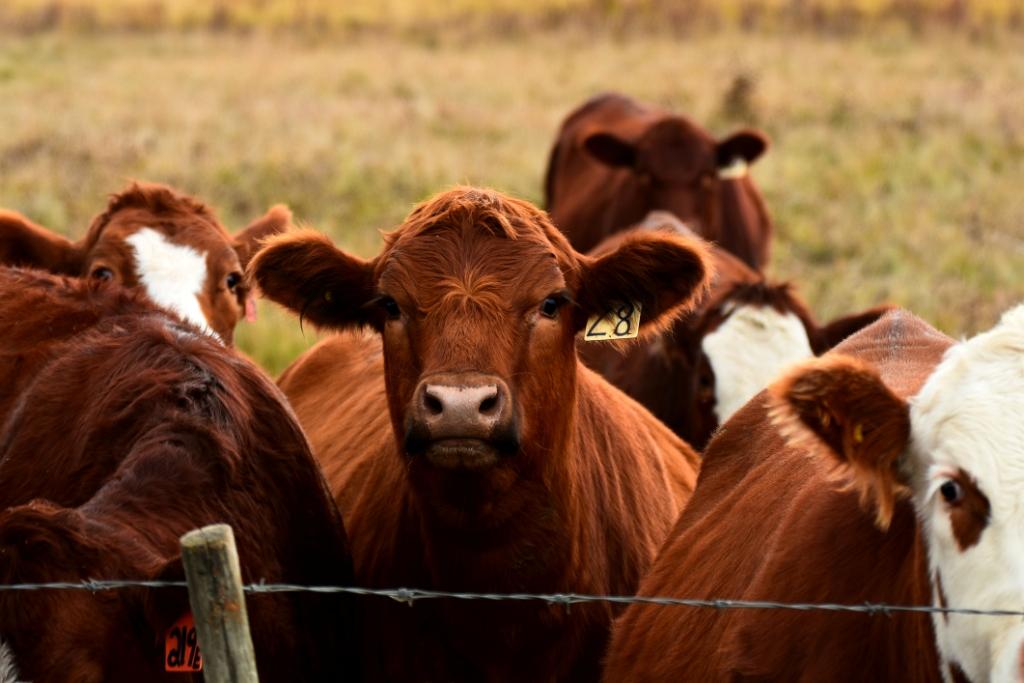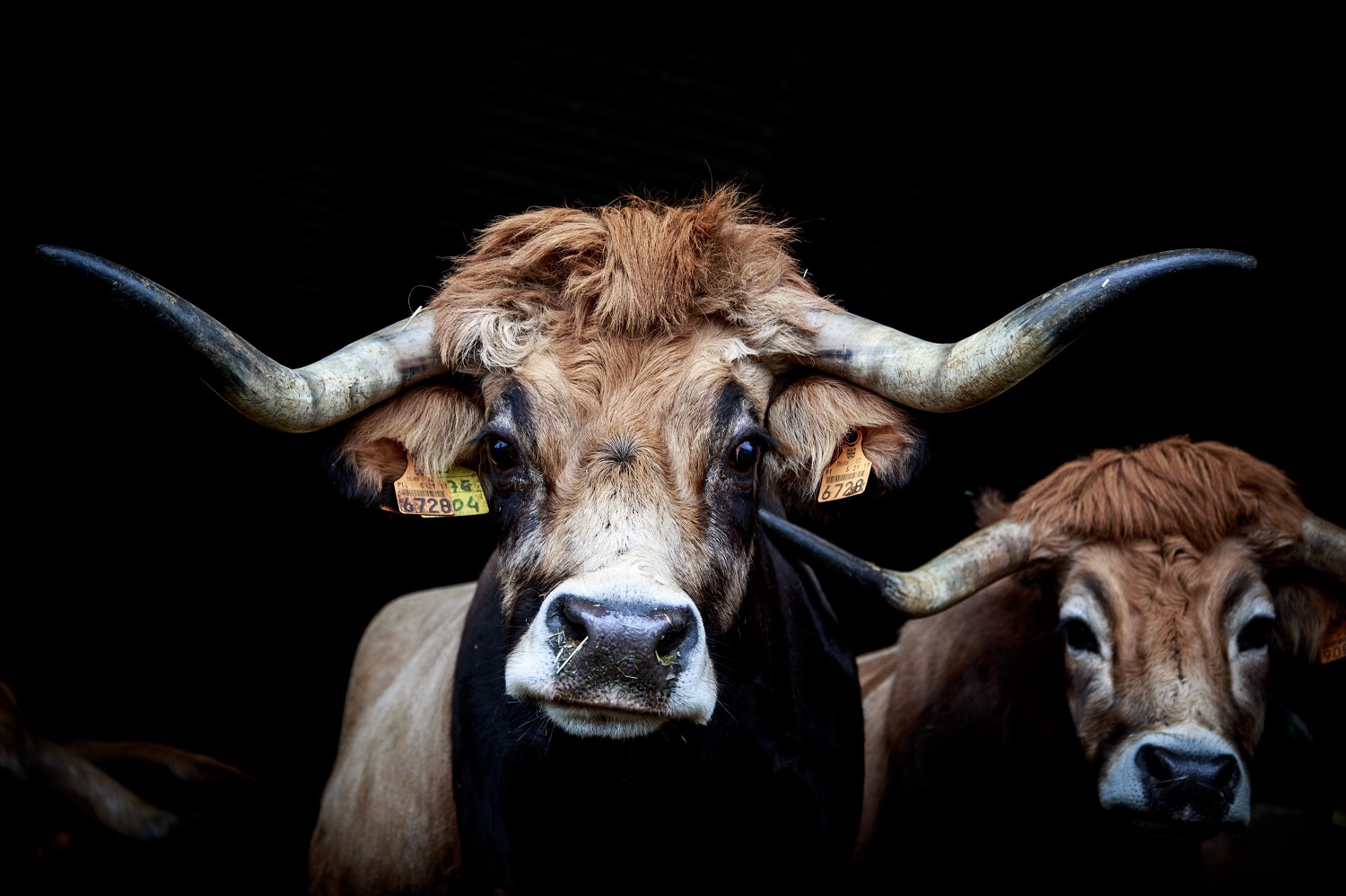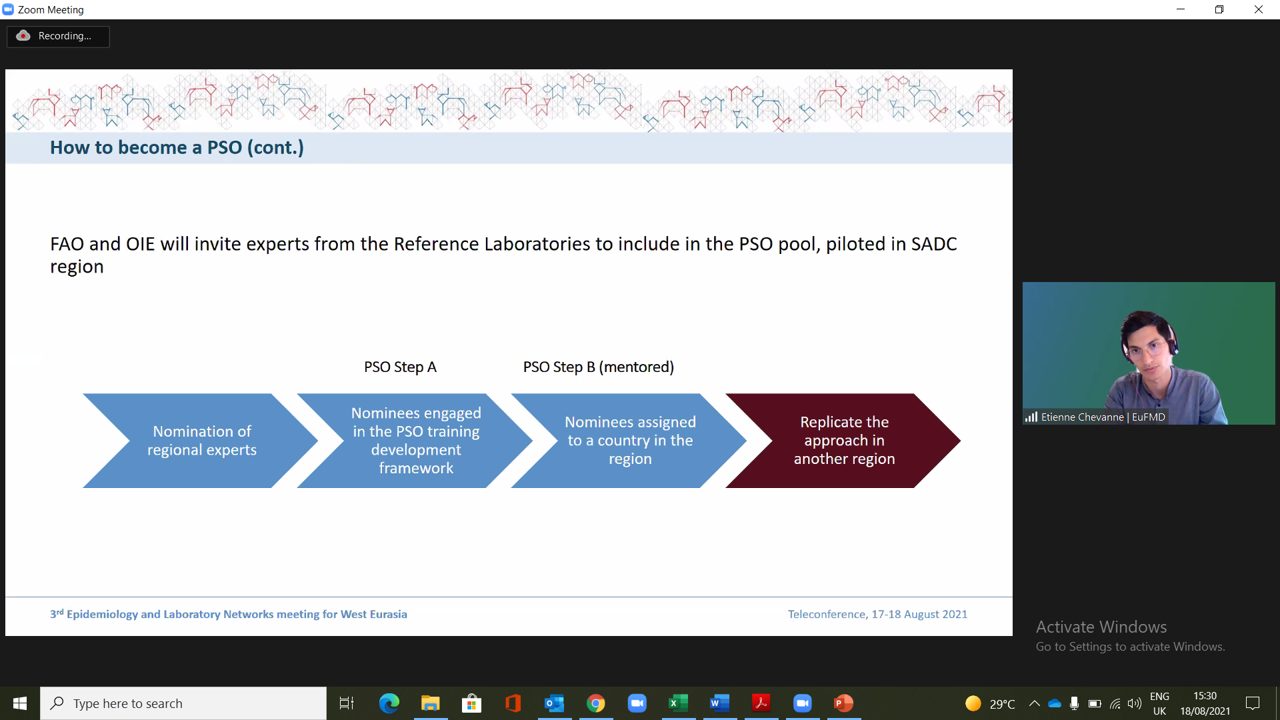
The unfortunate and continued presence of FMD in the West Eurasia region is a serious challenge for the countries that are controlling the disease, as well as for the countries that are free of FMD.
Third meeting of FMD for Epidemiology and Laboratory Networks for West Eurasia Region,
17-18 August 2021
The meeting for FMD epidemiology and laboratory experts (Epidemiology and Laboratory Networks) in the West Eurasia region had been initiated to achieve FMD control in the region, thereby making a significant contribution to the global situation.
The Chief Veterinary Officers/OIE Delegates, national FMD epidemiology and laboratory experts of the eleven member countries of the Networks, the FMD experts, as well as the representatives of OIE, FAO, EuFMD, and OIE/FAO Reference Laboratories and Collaborating Centers have gathered for the third time to share information on the current FMD situation in the region and identify national challenges.
In the West Eurasian region, FMD animal health status is as follows:
Learn more about the FMD control strategy here
One of the main objectives of the meeting is the development of the biennial regional Epidemiology and Laboratory networks work plans for 2021-2022, and the establishment of the methodology for linking the Epidemiology and Laboratory Networks for continuous support to the national and regional objectives for FMD control.
The leaders of the FMD WELNET and EPINET have presented the outcomes of collaboration, as well as the suggestions for further work for consideration of the participants.
The Progressive Control Pathway for FMD (PCP-FMD) Support Officer (PSO) system was submitted by Etienne Chevanne and Carsten Potzsch, FAO EuFMD. PSOs support national commitment and encourage countries to align their PCP-FMD strategy to the required standard at the national level. Two PSOs have been working with two participating countries: Azerbaijan and Kyrgyzstan.
The OIE/FAO Reference Laboratories and Collaborating Centers updated participants on training activities aimed at improving laboratory diagnostic, vaccines, biosecurity, and biosafety.
The new leaders of the Networks were elected for 2021-2022:
Armenia, Azerbaijan, Georgia, Iran, Kazakhstan, Kyrgyzstan, Pakistan, Tajikistan, Turkey, Turkmenistan, and Uzbekistan.




